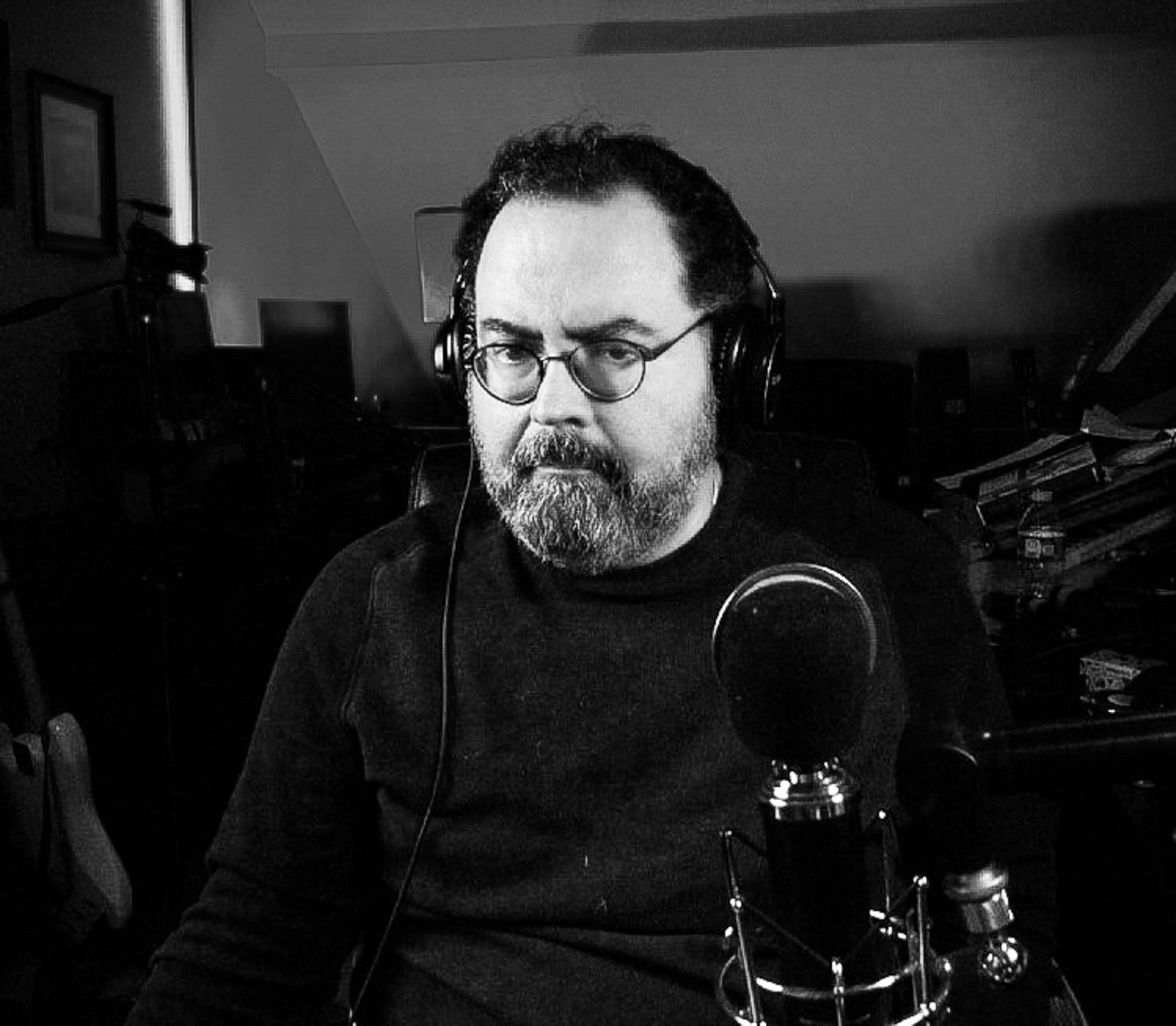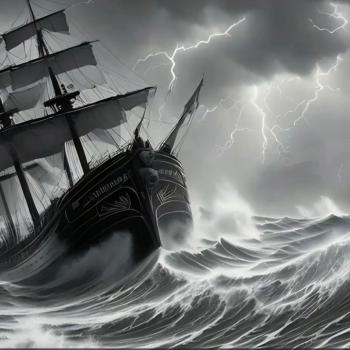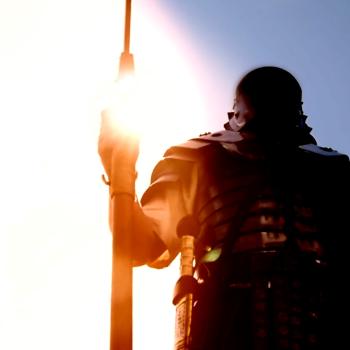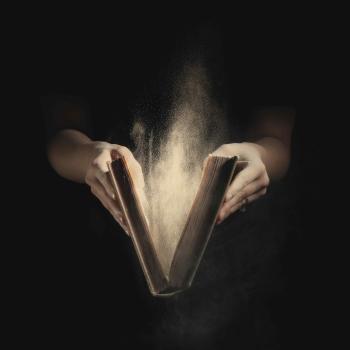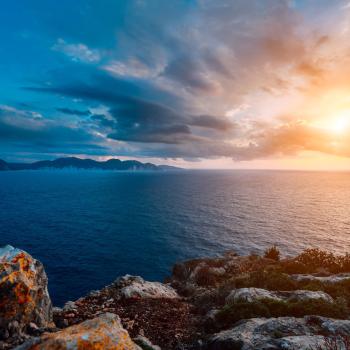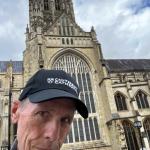
In the first article in this series, I wrote about “Moby Dick”, the story about a man’s arrogance and the challenge of the Whale “as God” that led to the entire crew’s downfall.
With Paul Coelho’s “The Alchemist, we have a very different tale of a shepherd boy’s quest to find a treasure and yet finding life along the way. In Coelho’s enormously popular book, a repeating message about finding one’s “personal legend” or path drives the narrative forward.
In the book, a young boy named, Santiago, ventures out on a quest for treasure and is guided by a mysterious Alchemist who teaches Santiago about seeking one’s own truth.
I read The Alchemist nearly 20 years ago. At the time, I was introduced to Coelho’s typical metaphorical and sometimes esoteric writing where he often channels global religious principles and embeds them within his characters and narrative.
As I look back at this, one of most popular novels of all time, the one thing that sticks out today as it did for me 20 years ago is that although Coelho has quite a talent for keeping his readers engaged, The Alchemist can’t really decide what position it wants to take or what the core of the message it wants to convey.
With this book, Coelho cleverly combines some pantheistic principles and places them adjacent to some metaphorical Christian characters and Biblical stories.
But ultimately, Coelho reverses gears and does a 180 degree turn away from any sort of “God is in control” mantra when he segues or riffs into finding one’s own way in the world. Coelho’s book has ultimately one existential message to send to its readers. He is really telling us that we are responsible for our own path and our destiny is not the responsibility of others.
Probably the most famous quotes showing this transition from pantheism to Christianity and then onto existentialism can be seen if we examine the following quotes that are also repeated in different parts of the book.
“When you want something, all the universe conspires to help you achieve it.”
On the surface, this quote references a belief that all the universe and the nature of reality is on the same plane as any God, thus, it represents a break with monotheistic Christian principles. When I read this line many years ago, I didn’t know much about Paul Coelho or his conflicted views of Christianity and his eventual renouncement of Christianity during his early years. I expect that experience plus his eventual advocacy of leftist views influenced this and possibly the following quotes.
“The World’s Greatest Lie is Fate”
With this quote, we again see Coelho’s jigsaw-like conflict within his own philosophy and religious worldviews. This line segues into his advocacy of existentialism as does his line “Don’t Let Others Choose Your Path”. These lines Coelho’s as well as lines related to “choosing your own legend or path” can be interpreted in a dual sense in that these statements reject any sort of predestined fate but then they also negate Coelho’s quotes that everyone must have a “personal legend”. What was Coelho thinking here? It is simply not logical to say that there is no fate but that everyone must seek their personal legend (which is implies that all of us have some pre-assigned purpose, i.e., predestined).
In Coelho’s defense, the concept of pre-destiny or predetermined fate also gets a confusing treatment within the Bible due to its own contradictions.
On the one hand, there are many quotes in the Bible where God’s purpose is referenced. For example, the following two quotes as well as others, lead Christians to believe that all is predetermined.
Ephesians 1:11
In him we have obtained an inheritance, having been predestined according to the purpose of him who works all things according to the counsel of his will,
Romans 8:28
And we know that for those who love God all things work together for good, for those who are called according to his purpose.
However, the nature of our existence on Earth is that we have freewill to choose. For believers, God has granted us this capability and thus, there are numerous directives to choose God. It’s well known that we have long been out of the Garden of Eden. Thus, to put it plainly, if everything were predestined, then the question really becomes “How long will it be before a person’s pre-destiny eclipses his/her freewill? This is a topic that has been hotly debated for centuries. There is still no universal consensus on this in the Christian world.
But, getting back to Coelho’s book, yet another point showing Coelho’s indeterminate view of Christianity, he places the actual Biblical character of Melchizedek to help guide Santiago with his personal legend.
Melchizedek’s initially appears in the Old Testament. His name actually means “My King is God” in both the ancient Canaanite and Hebrew languages. So, if Coelho really did not want to layer the full on Abrahamic religious predeterminism in The Alchemist, why even put Melchizedek in his book?
In spite of the above contradictions, I think everyone should read The Alchemist. If nothing else, with this and many of his other books, Coelho is an excellent storyteller.
However, just remember that predestiny, by its very definition, is not a choice to follow a personal legend.
We can leave our “God-choice” as a function of freewill.


